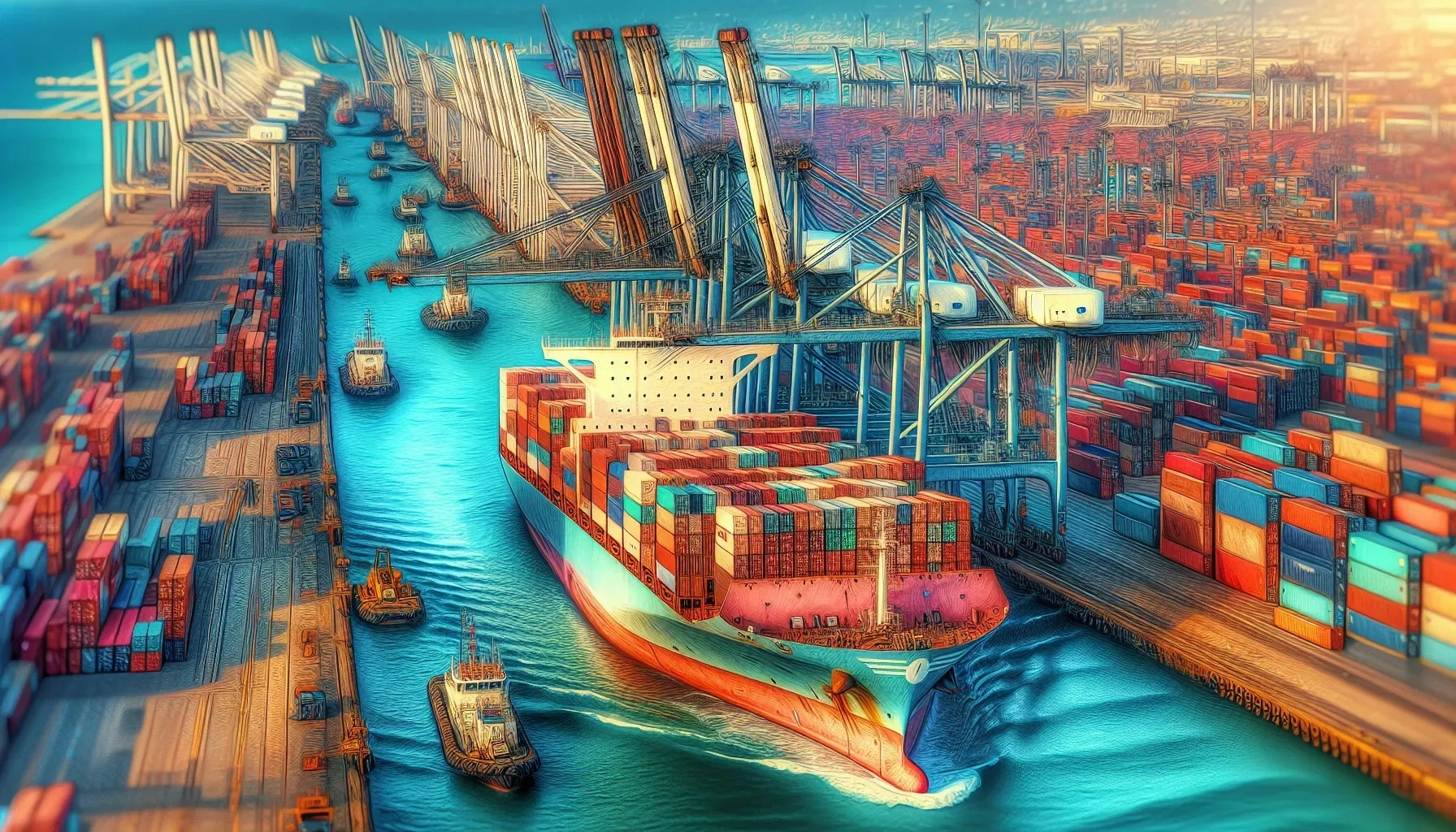Welcome to an exploration of the maritime economic sectors. This blog post will delve into the intricacies of these sectors, providing a comprehensive analysis. We'll explore the various components, their significance, and the challenges they face. Our journey will take us through the shipping industry, port operations, maritime tourism, and more. Let's set sail on this voyage of discovery.
The Shipping Industry: The Backbone of Global Trade
The shipping industry forms the backbone of global trade. It is responsible for the transportation of a vast majority of goods across the world. The industry's significance cannot be overstated, as it plays a pivotal role in the global economy.
Shipping companies operate in a highly competitive environment. They must constantly strive to improve their services while keeping costs low. This requires a deep understanding of the market and a keen eye for innovation.
The shipping industry also faces numerous challenges. These include fluctuating fuel prices, environmental regulations, and the need for digital transformation. Despite these challenges, the industry continues to thrive, demonstrating its resilience and adaptability.
Port Operations: The Gateway to Maritime Trade
Ports serve as the gateway to maritime trade. They are the points where goods are loaded and unloaded, making them crucial for the smooth functioning of the shipping industry.
Port operations involve a wide range of activities. These include cargo handling, vessel services, and administrative tasks. Each of these activities requires a high level of coordination and efficiency.
Ports also face several challenges. These include the need for modern infrastructure, the impact of climate change, and the threat of cyber-attacks. Despite these challenges, ports continue to play a vital role in the maritime economic sectors.
Maritime Tourism: A Thriving Sector
Maritime tourism is another key component of the maritime economic sectors. This sector includes cruise tourism, yachting, and other water-based recreational activities.
Maritime tourism contributes significantly to the economies of many coastal regions. It creates jobs, generates revenue, and promotes cultural exchange. However, it also faces challenges such as environmental impact and the need for sustainable practices.
Despite these challenges, maritime tourism continues to thrive. It offers unique experiences that attract millions of tourists each year, contributing to the overall growth of the maritime economic sectors.
Offshore Energy: Powering the Future
The offshore energy sector is a major player in the maritime economy. It involves the extraction of oil and gas from beneath the sea floor, as well as the generation of renewable energy from wind and waves.
Offshore energy offers significant economic benefits. It creates jobs, generates revenue, and contributes to energy security. However, it also faces challenges such as environmental impact and the need for technological innovation.
Despite these challenges, the offshore energy sector continues to grow. It is increasingly turning to renewable sources, demonstrating its commitment to a sustainable future.
Maritime Services: Supporting the Maritime Economy
Maritime services play a supporting role in the maritime economy. These services include shipbuilding, maritime insurance, and maritime law.
Maritime services are essential for the smooth functioning of the maritime economic sectors. They provide the infrastructure, protection, and legal framework that these sectors need to operate.
Like the other sectors, maritime services also face challenges. These include the need for digital transformation, the impact of global economic trends, and the need for skilled personnel. Despite these challenges, maritime services continue to play a crucial role in the maritime economy.
The Future of Maritime Economic Sectors
The future of the maritime economic sectors looks promising. Despite the challenges they face, these sectors continue to adapt and innovate.
The shipping industry is embracing digital transformation, ports are investing in modern infrastructure, and maritime tourism is focusing on sustainability. The offshore energy sector is turning to renewable sources, and maritime services are evolving to meet the changing needs of the industry.
These developments suggest that the maritime economic sectors will continue to thrive in the future. They will continue to contribute to global trade, economic growth, and sustainable development.
Sailing Ahead: The Future of Maritime Economic Sectors
As we conclude our voyage through the maritime economic sectors, it's clear that these sectors play a crucial role in the global economy. They face numerous challenges, but they also demonstrate remarkable resilience and adaptability. As they continue to innovate and evolve, they will undoubtedly continue to contribute to global trade, economic growth, and sustainable development. The future of the maritime economic sectors is indeed promising.

